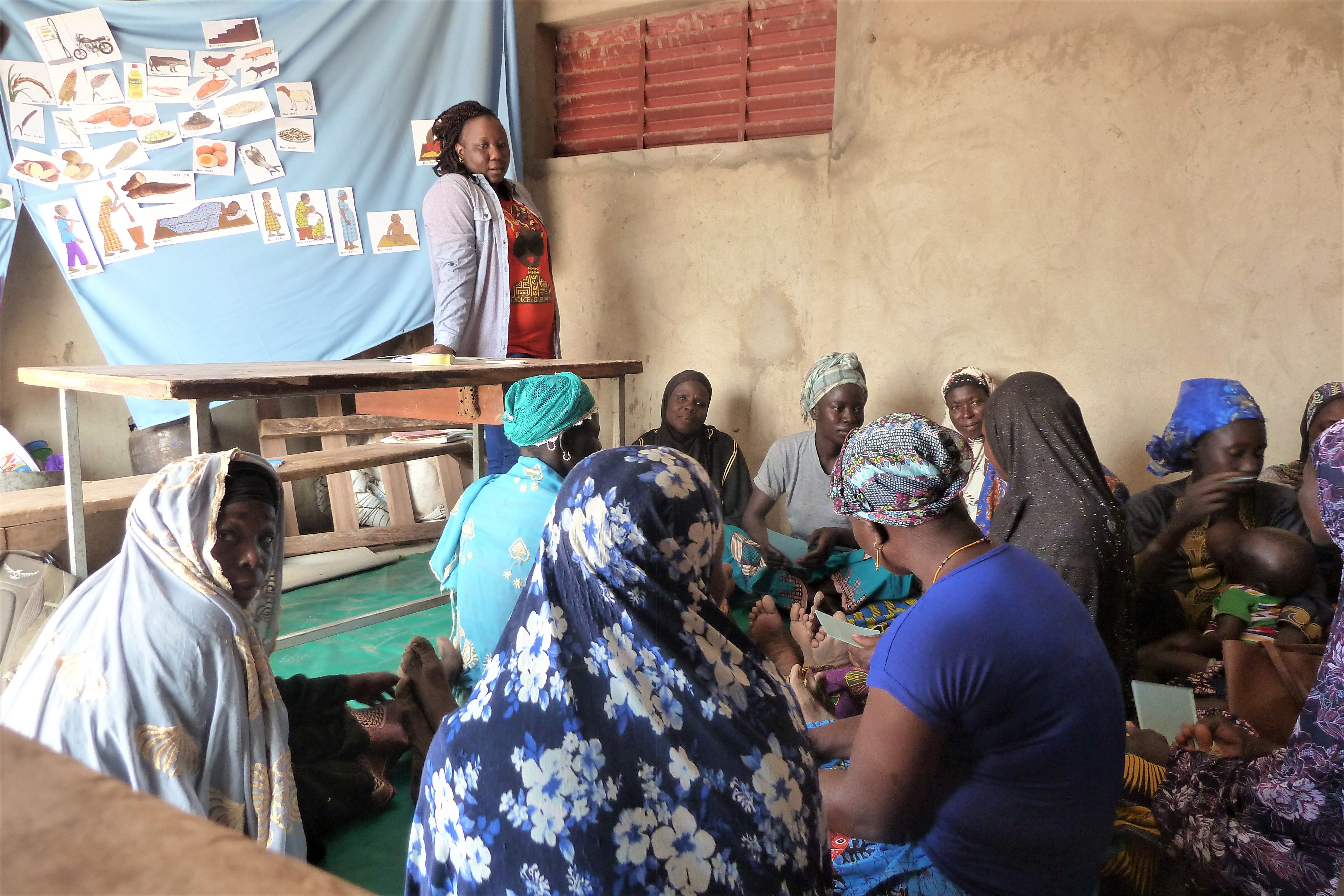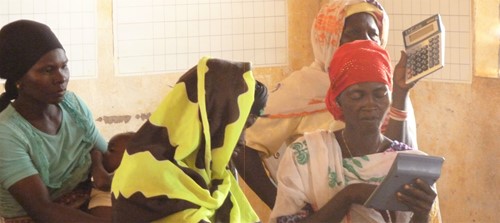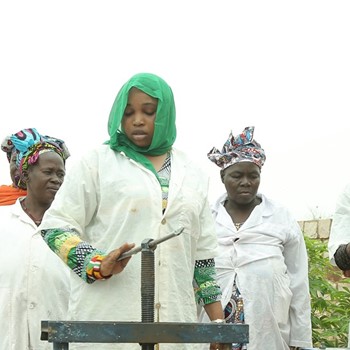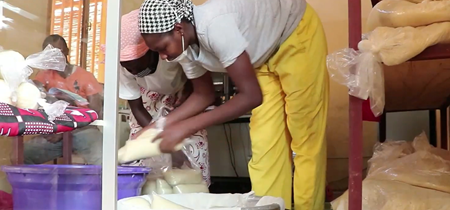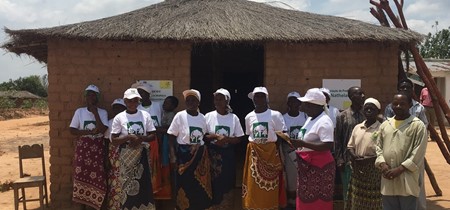Mapping gender roles and benefits to understand where the inequalities lie
In rural Burkinabe households, all family members take an active part in cultivating the family-owned land, caring for livestock, collecting natural resources and processing and selling their products. In addition, individual family members often have access to plots of land, where they grow crops to cater for their own needs and those of their dependents. In most cases, the women-owned land plots are significantly smaller than their husbands’, and they have less access to local traders and markets where they can sell their harvested products. Younger family members mostly depend on the head of household to decide on what to produce and how to sell it.
